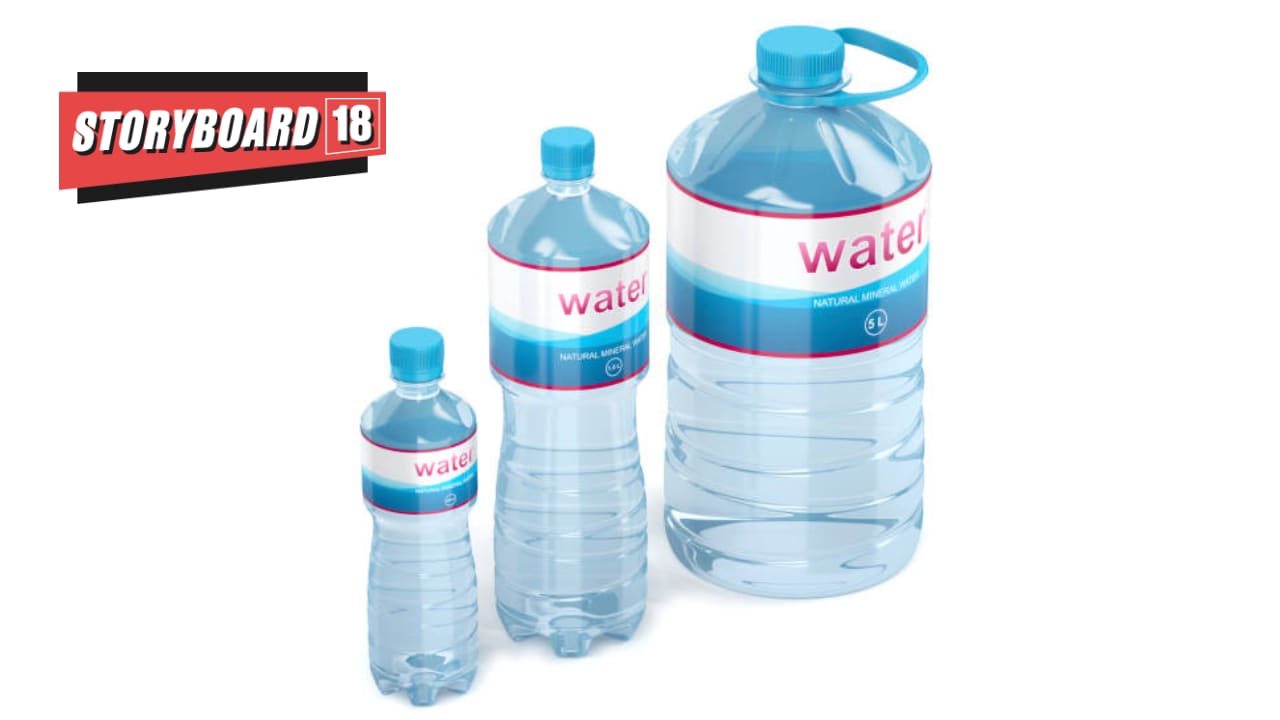The Food Safety and Standards Authority of India (FSSAI) has officially classified packaged drinking and mineral water as a “High Risk Food Category” and will now subject these products to mandatory risk-based inspections and third-party audits.
This decision follows the government’s move in October to remove the requirement for certification from the Bureau of Indian Standards (BIS) for the packaged water industry.
In an order dated November 29, FSSAI stated that in light of the removal of the BIS certification mandate for certain products, it has decided to treat packaged drinking water and mineral water under the “High Risk Food Categories.” Consequently, manufacturers of these products will be required to undergo annual risk-based inspections.
Additionally, inspections will also take place before the issuance of a license or registration.
Under the new guidelines, FSSAI emphasized that manufacturers or processors of food items that no longer need BIS certification must also undergo inspections before obtaining a license or registration.
Furthermore, all centrally licensed manufacturers under high-risk categories, including packaged water, must have their operations audited annually by an FSSAI-recognized third-party food safety agency.
This move comes after the packaged drinking water industry had called for a reduction in compliance requirements, particularly seeking the removal of dual certification obligations from both BIS and FSSAI.
